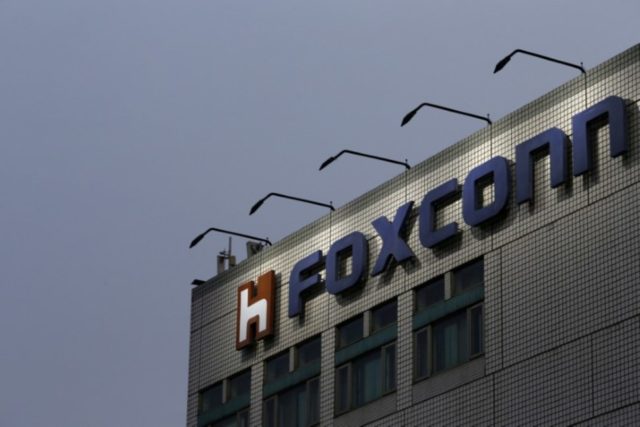
Foxconn Resumes Production at Shenzhen Plant as Only 10 Percent of Workforce Shows Up
Tech companies remain on edge Monday morning in mainland China amid conflicting reports about whether suppliers — most notably among them Foxconn — would resume production this week during the Wuhan coronavirus epidemic.

According to a new report from Bloomberg, Apple’s biggest iPhone manufacturer Foxconn got approval to resume production at a key plant in China after being forced to shut it following the coronavirus outbreak, but only 10 percent of the factory’s workforce has managed to return so far.
Last week, Foxconn —also known as Hon Hai Precision Industry — informed workers at its headquarters in Shenzhen, China that they should not return to work.
“To safeguard everyone’s health and safety and comply with government virus prevention measures, we urge you not to return to Shenzhen,” Foxconn wrote in a text message sent to employees. “We’ll update you on the situation in the city. The company will protect everyone’s work-related rights and interests in the duration. As for the happy reunion date in Shenzhen, please wait for further notice.”
Even with factories open, workers may still simply be unable to reach them because of ongoing transport restrictions that have been put into place in an attempt to prevent the spread of coronavirus. That could well be the issue Foxconn is currently facing in Zhengzhou and it may be one that is difficult to overcome.
Whether authorities are pushing ahead with allowing Foxconn to reopen on financial concerns rather than consideration of the health situation is another matter. Guangdong Province, where Shenzhen is located, has 1,131 confirmed cases of the coronavirus as of 8pm EST. Some unconfirmed reports had the city going into quarantine, but that has not yet occurred. Instead, Hong Kong has imposed quarantine rules on all arrivals from mainland China, since most cross into the city from Shenzhen.
The development comes as the coronavirus outbreak — declared a global health emergency by the World Health Organization — threatens to disrupt Chinese manufacturing and force policymakers to ready measures to stabilize the economy.
Although major companies not resuming full production could result in shortages across major tech industries, the fear of the virus is also resulting in secondary affects. For one, the Mobile World Congress 2020 in Barcelona scheduled for Feb. 24 has seen more companies pull out of the event.

